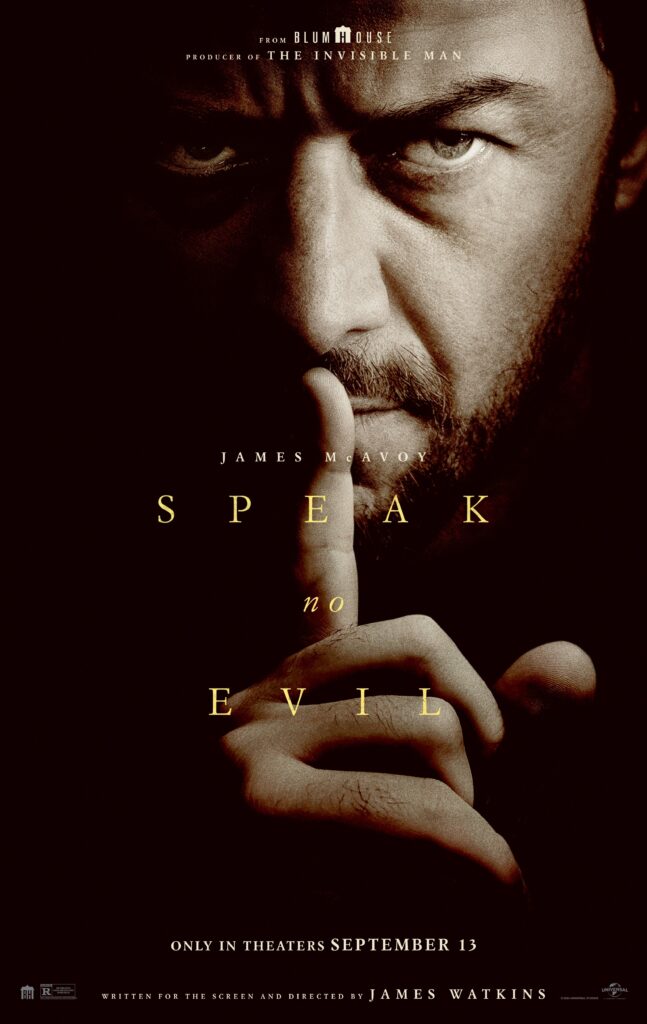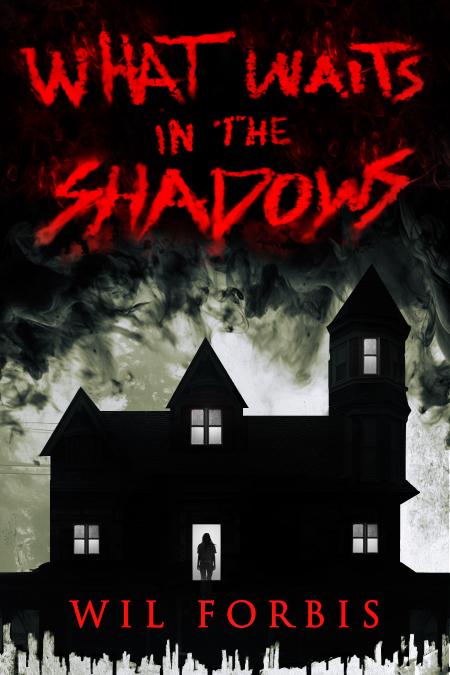
I saw the terrific original Danish version of the horror film “Speak No Evil” a few years ago and, as such, wasn’t particularly interested in the American remake. But it caught my wife’s eye, probably because it features dreamy James McAvoy (dude got swole for the part) so we checked it out last night.
My take? It’s one of the few remakes that is better than the original.
I say that cautiously, and I’m not gonna fully commit to it. In a way, the American version wusses out, evading the pure nihilism that was the ending of the Danish version. In its place is a catharsis that feels good—catharsis always does—but steps around some difficult questions that the Danes were not afraid of confronting.
I’m speaking vaguely, but I’m doing it to not ruin any surprises.
The plot, for any who haven’t heard: A family of urbanites meet another family on vacation and eventually accept the second family’s offer to come visit. They arrive at a house somewhere in the backwoods of England, and slowly become unnerved as their hosts press harder and harder against society’s notions of politeness and expectations.
There’s a lot of interesting themes at play, particularly the idea of urban versus rural folk. (In a sense, this movie is just “The Texas Chainsaw Massacre” if Leatherface was really charming and handsome.) Buried in that is the observation that as humans have become more civilized, they’ve lost touch with the nature of reality—red in tooth and claw—as well as mankind’s intrinsic nature.
There’s also an interesting expiration of gender roles: what the husband’s job is, how the wife should behave, etc.
If there’s a movie that’s really in this film’s DNA, it’s “Straw Dogs” directed by Sam Peckinpah, where a nebbish professor type played by Dustin Hoffman faced off with local goons who lusted after his libidinous wife. It’s very much the same motif in “Speak No Evil” where urbane folks with email jobs come face-to-face with people who work with their hands.
The film doesn’t clearly offer a point of view on these debates, but it does seem to say, like “Straw Dogs” did, that sometimes violence is the only solution.

